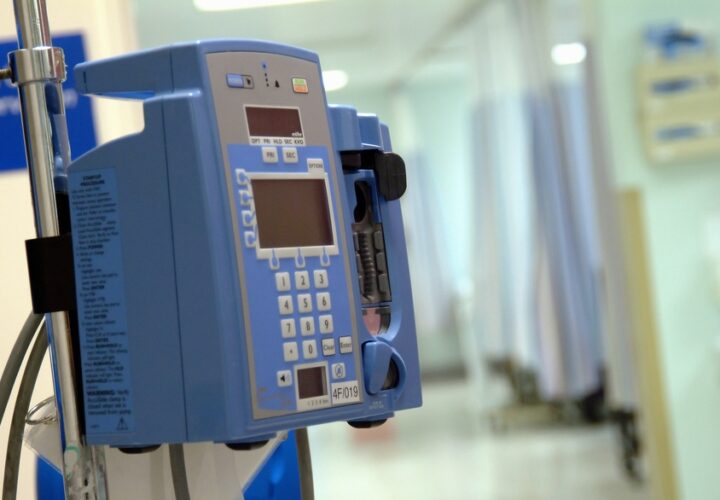A major study has found that antipsychotics are no more effective than a saline placebo for treating delirium.
A potent group of antipsychotic drugs used to treat delirium and dementia are not effective, according to a study published in the New England Journal of Medicine.
The drugs, prescribed under names like Haldol and Geodon, have been used for 40 years to ease symptoms of delirium in nursing homes, the I.C.U. and emergency rooms.
Delirium is a condition especially common in dementia patients—they are six times more likely to be admitted to a hospital with delirium than those without dementia. The condition is marked by disorientation, confusion and rambling speech, along with hallucinations for some. Delirium can also be caused by the traumatic event that landed a patient in the I.C.U. in the first place. About two out of three patients in the I.C.U. experience delirium, and studies have shown that it increases the risk of later cognitive impairment in the year following by about 50 percent.
“This is strong evidence from what we consider a ‘gold standard’ clinical trial showing that these two antipsychotics don’t work to treat delirium during a critical illness,” said National Institute on Aging Deputy Director Marie A. Bernard, M.D. “Antipsychotics have often been used to treat delirium. The evidence from this study suggests the need to reexamine that practice.”
The study measured the effect of antipsychotics on over 21,000 patients at 16 medical centers across the U.S. Of those patients who were on ventilation or diagnosed as in shock, 566 became delirious. From there, patients were separated into three groups: One group got the antipsychotic haloperidol; another got ziprasidone, from a similar class of drugs known as atypical antipsychotics; and the third got a saline placebo.
Doctors led by E. Wesley “Wes” Ely, M.D., an intensive care specialist at Vanderbilt University Medical Center, then monitored how long the delirium or coma lasted, how long the patient was on mechanical ventilation, when they were discharged from the I.C.U. and hospital and whether they passed away in the next one to three months.
There was no significant difference between any of the three groups.
Antipsychotics have been used to treat delirium for the past 40 years, although they come with a blackbox warning—the most serious caution a drug regulator can impose. A report earlier this year released by The Human Rights Watch said antipsychotic use in nursing homes was akin to “chemical restraints.” The organization found that nursing homes were incorrectly prescribing antipsychotics for conditions they are not approved for to 179,000 patients per week.
The researchers found no increased dangers amongst the groups that did take the antipsychotics, but did cite research pointing out the increased mortality and safety concerns for the non-I.C.U. senior population.
The findings support a recent move toward a philosophy of non-drug interventions in dementia patients experiencing delirium, which can be disruptive. But recent studies have found that drugs meant to calm may be a dangerous prescription for those with Alzheimer’s.
“This research joins other important studies on delirium showing that there clearly is need for improvement in treating and managing this complicated condition,” said Molly Wagster, Ph.D. chief of the Behavioral and Systems Neuroscience Branch in the N.I.A.’s Division of Neuroscience. “Large randomized trials like this can inform clinicians and help guide care.”




I would like to know why someone that has taken antipsychotics for years can still suffer with suicidal tendencies. And what is the ratio of those that are taking antipsychotics and still commit suicide versus those that take them and don’t commit suicide.